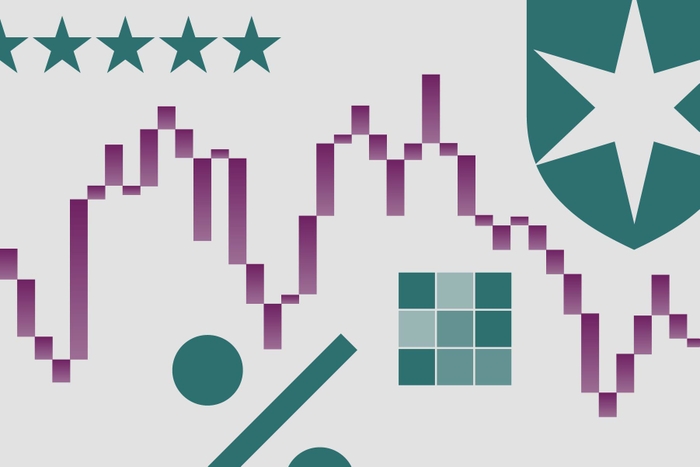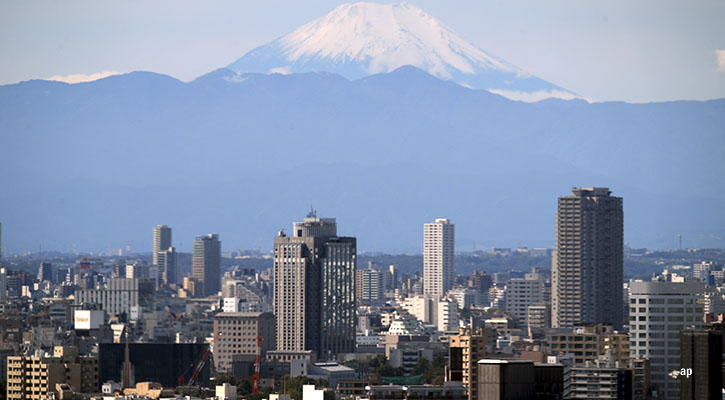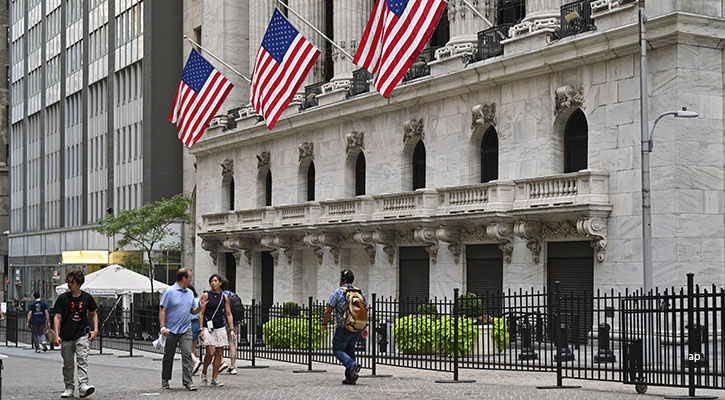
On a long-term view, Facebook (FB) is “the cheapest company in the world”, according to Blue Whale Capital’s Stephen Yiu, but that hasn’t stopped the fund manager slashing his position in half due to short-term challenges.
The social media giant has had a troubled 2018. The Cambridge Analytica scandal resulted in a loss of faith from large parts of the public. Shares fell 18% in the immediate aftermath but recovered by 43% to reach a record high in anticipation of second-quarter results in July.
However, after those Q2 numbers disappointed, the stock slipped a further 20% and currently trades flat on the year. That caused a number of fund managers that hadn’t sold out after Cambridge Analytica to consider their positions.
But there are many who continue to be bullish on the stock. We reported closer to the time that Carmignac increased its Facebook holding by 25% back in May. And Yiu, who manages the Blue Whale Growth fund, did similar. “We did not see Cambridge Analytica as a problem, so we actually increased our position,” he says.
But he did decide to reduce his position after Q2 results last month, which showed slower-than-expected earnings growth and financial forecasts. Those forecasts predicted lower profit margins due to higher anticipated investment into security and content moderation in response to scandals.
The Cheapest Company on Earth?
Yiu was shocked by Zuckerberg’s decision to “kill the margin completely”. “It was a 5-6% position going into earnings and then when it reported the shares fell by 20% and we reduced our position to 3%.” He added that the slump cost the fund around 1.5% in lost performance.
Yiu continues: “If you look at long-term numbers, three to five years, Facebook is probably the cheapest company you can find on earth in our opinion. The potential is massive. This is not a structural issue, we think it’s temporary.
“But we have no visibility over what’s going to happen in the next one to two years. Is it going to do it again? Is the regulator going to come back again and would that affect its position? Because of this uncertainty, we cannot justify it continuing as a top 10 position.”
But the manager says he will monitor the situation closely, on a quarterly basis. “We’ll see what’s going to happen and if next year looks like everything’s back on track then we’ll go back in,” he adds.
“Over the medium term we’ll definitely make some good money from Facebook – and we would definitely top it up when the visibility is better.”
Technology as a Safe Haven
A fund that can invest globally, Blue Whale Growth currently has almost two-thirds of its 27-strong portfolio in the US, with 42% in technology names. The likes of Alphabet (GOOGL), Amazon (AMZN) and Microsoft (MSFT) feature in the top 10 names.
But Yiu insists this is not a tech fund. In fact, he sees these companies as “safe haven” investments due to them seemingly being immune from the effects of trade disruption.
“I think a lot of people mis-understand our fund,” he says. “Because our track record is still so young people say we’re a technology fund. We’re not, but people don’t believe us.
“The reason we like technology is not because we have a tech bias – I have never been a tech specialist myself. It’s because this is the place you’re going to make the outperformance as we speak. In two years’ time, maybe that will change.”
But currently, he explains, Trump’s trade negotiations, China’s slowing growth, Europe’s trio of Italy, Turkey and Brexit, will not impact his portfolio holdings as much as others. “Sure, it will get impacted in some ways, but on a relative basis it will be at the lowest end.
“Whatever Trump’s going to do, our stocks will still grow 15-20% a year in terms of earnings and top-line. It’s not a coincidence why NASDAQ has done so well; it’s because NASDAQ is not affected by any of this. On a relative basis, this is the safe haven.”
Since inception in September 2017, Blue Whale has returned twice that of the MSCI World in local currency terms at 25.8% and 13.1% respectively. The average fund in the Investment Association Global sector has returned 13%.




















